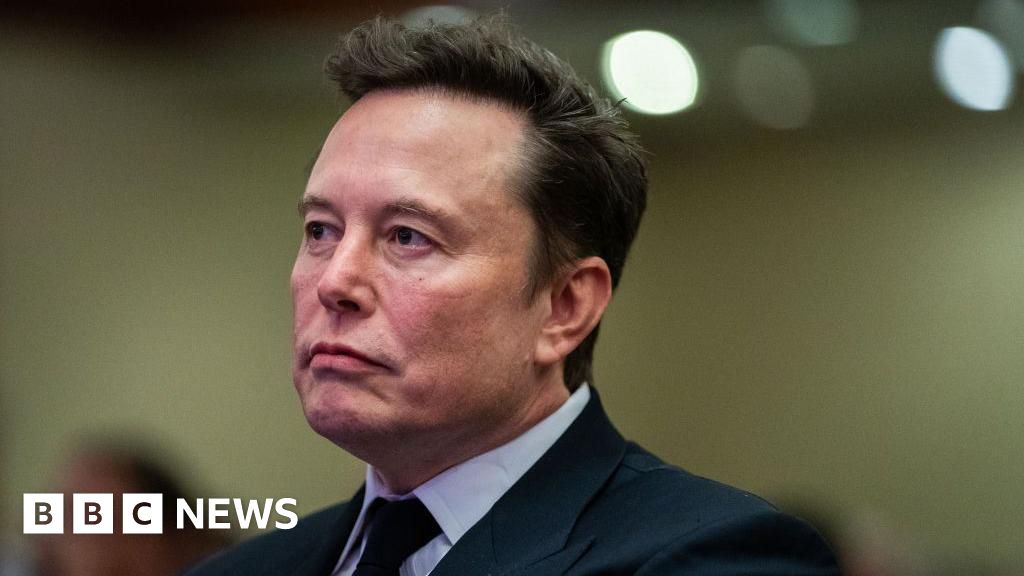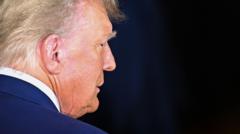Tesla CEO Elon Musk’s Massive Pay Award Permanently Blocked by Delaware Court
In a landmark legal decision, Delaware Judge Kathleen McCormick has definitively ruled against reinstating Elon Musk’s unprecedented $56 billion pay package, maintaining her previous January ruling that the compensation was fundamentally unfair.
The controversial pay award, which would have been the largest ever for a corporate executive of a publicly traded company, was originally approved by Tesla shareholders in June with a 75% vote. However, the judge determined that the board of directors was excessively influenced by Musk himself during the approval process.
Despite the overwhelming shareholder support, Judge McCormick rejected Tesla’s arguments defending the compensation package. She characterized the company’s legal team’s arguments as “creative” but ultimately unconvincing. The judge emphasized that even a stockholder vote could not validate a compensation plan she deemed inappropriate.
The ruling stems from a lawsuit brought by a Tesla shareholder challenging the massive pay package. While the court denied the shareholder’s request for $5.6 billion in Tesla shares, it did award $345 million in legal fees.
The decision represents a significant blow to Musk, who had originally been granted the performance-based compensation package in 2018. The award was structured to incentivize Tesla’s growth and market valuation, with potential payouts contingent on achieving specific financial and operational milestones.
Tesla and Musk retain the option to appeal the ruling, which could potentially lead to further legal proceedings. The company has not yet publicly commented on the judge’s decision.
This legal battle highlights ongoing concerns about executive compensation, particularly for high-profile tech industry leaders. The ruling suggests increased judicial scrutiny of compensation packages that are perceived as excessively generous or potentially compromised by conflicts of interest.
The case also underscores the complex relationship between corporate boards, shareholders, and executive leadership. Judge McCormick’s ruling implies that shareholder approval alone is insufficient to validate compensation packages if the underlying decision-making process is fundamentally flawed.
For Musk, who is already one of the world’s wealthiest individuals, the ruling represents a significant financial setback. The $56 billion package would have been a record-breaking compensation award, far exceeding typical executive pay scales.
The decision could potentially influence future corporate governance practices, encouraging more rigorous and independent evaluation of executive compensation packages across various industries.
As the legal landscape continues to evolve, this ruling may serve as a precedent for more stringent oversight of executive pay, particularly in technology and innovation-driven sectors.
Tesla and Musk’s potential next steps remain uncertain, but the ruling represents a clear judicial statement about the importance of fair and transparent compensation practices.




